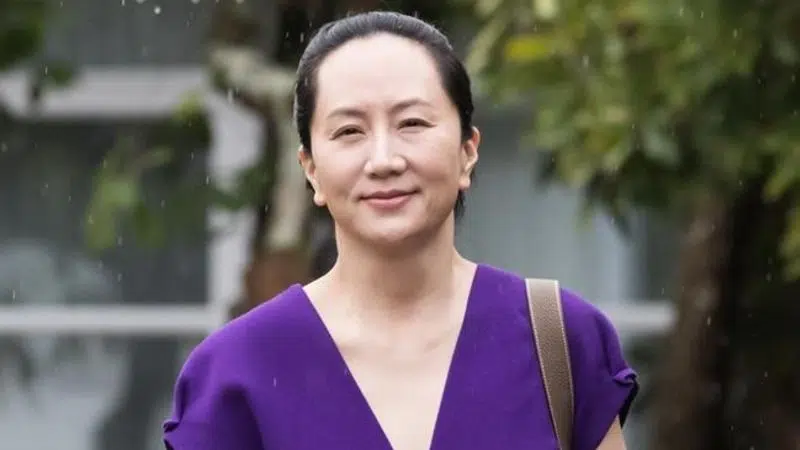
Border officials, RCMP followed law in arrest of Meng Wanzhou: Attorney General
VANCOUVER — Canadian officials followed the law when they detained Huawei executive Meng Wanzhou at Vancouver’s airport and the defence has no proof to substantiate its “conspiracy theory” that she was illegally arrested, the Crown says.
The Attorney General of Canada says in court documents released Monday that there’s no evidence to suggest that the RCMP or the Federal Bureau of Investigation in the United States asked border agents to elicit information from Meng during the detainment.
“There is no evidence that lends an air of reality to these allegations, nor is there evidence that would suggest there is any documentation that would substantiate these allegations,” it says.
Meng, whose arrest has sparked a diplomatic crisis between Canada and China, returned to British Columbia Supreme Court on Monday where her lawyers are asking for documents that they say would support their allegations.


